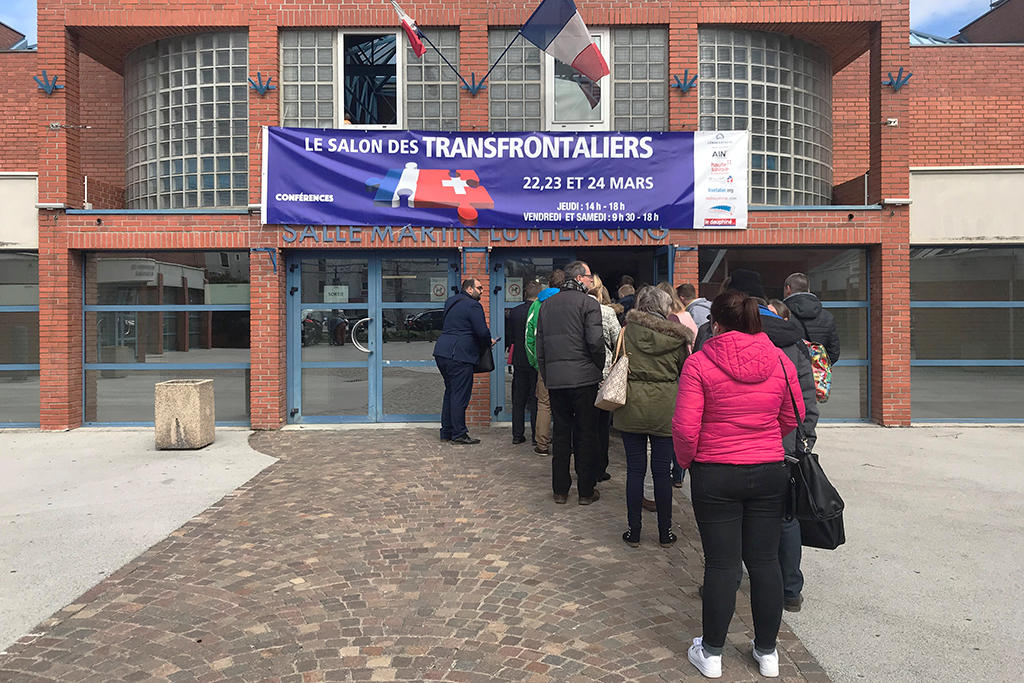
Number of registered cross-border workers increases by almost 5%

At the end of December 2019, around 329,000 cross-border workers were commuting to Switzerland from neighbouring countries like France, Germany and Italy.
The figures are based on the number of foreigners holding a cross-border work permit (Permit G). For comparison, the mobile workforce in December 2018 was 314,000.
Just over half of all cross-border commuters were resident in France (54.8%). Italy (23.4%) and Germany (18.4%) also accounted for significant numbers. Over the last five years, the number rose from 292,000 in the fourth quarter of 2014 to 329,000 in the fourth quarter of 2019, representing a growth rate of 12.6% over this period.
However, it is likely that the numbers are slightly inflated. The figures in 2018 and 2019 were strongly influenced by the processing of pending registrations in the Central Migration Information System in the Canton of Ticino, bordering Italy. The current reported increase in cross-border commuters is thus likely to be higher than the actual state of affairs.
The Federal Statistical Office says it is working on a solution to resolve distortions related to the lag in processing work permit applications.

More
Is Switzerland’s cross-border workforce at a crossroads?

In compliance with the JTI standards
More: SWI swissinfo.ch certified by the Journalism Trust Initiative





























You can find an overview of ongoing debates with our journalists here . Please join us!
If you want to start a conversation about a topic raised in this article or want to report factual errors, email us at english@swissinfo.ch.